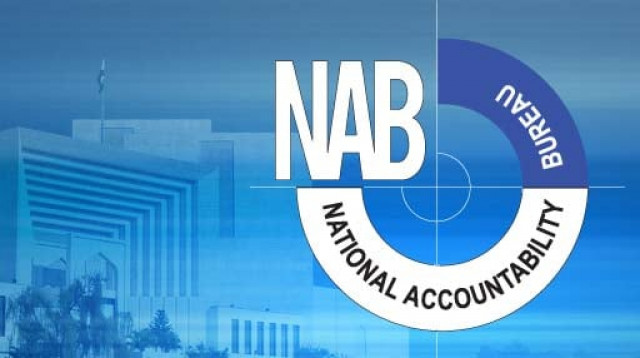Senator Waqar did not rob a thief: NAB
Swindler was allegedly strong-armed into selling frozen assets.

The senator and his brother were accused of violating court orders that froze the assets of self-confessed swindler, Sheikh Ayub, and had placed them into the guardianship of NAB.
They were accused of using their political influence, and bribery of several senior civil servants to acquire commercial properties at bargain prices from Ayub, then under investigation for running a Ponzi scheme. Ayub alleges that he was never paid by the senator’s brother for the real estate in question.
Sheikh Ayub and his son were accused of running a fraudulent foreign investment scheme under the name Aglam Global Links, where he promised investors lucrative returns, but then simply ran off with the money after initially delivering some returns. In all, Ayub confessed to having defrauded 85 individuals of Rs1,383 million.
Ayub’s victims approached NAB, which was able to apprehend Ayub and his son. Both were arrested but then released on bail after they began cooperating with the authorities and started returning the stolen money.
During its investigation and the recovery process, NAB asked the courts for, and was granted, the authority to freeze all of Ayub’s assets, including a commercial building for which he had power of attorney on behalf of the building’s owners.
However, Ayub alleges that Senator Waqar’s brother, Senator Ammar Khan forced him to sell a commercial property and did not pay him anything. The senator challenges that allegation, claiming he paid Rs480 million for it.
NAB investigators say that an estimated Rs300 million in bribes was paid by the senator’s family to several politicians and civil servants – both serving and retired – in order to ensure that the transaction was able to go through despite the court’s orders freezing the asset, thus banning any transactions related to it.
NAB officials have refused to comment on why Senator Waqar, the former privatisation minister, and his family were exonerated of any wrongdoing when they have not denied purchasing property that was the subject of an investigation.
After taking into account the Rs600 million that Ayub had paid out in ‘profits’ for his Ponzi scheme, an estimated Rs300 million of the investors’ money remains to be recovered from him.
Published in The Express Tribune, April 21st, 2011.



















COMMENTS
Comments are moderated and generally will be posted if they are on-topic and not abusive.
For more information, please see our Comments FAQ